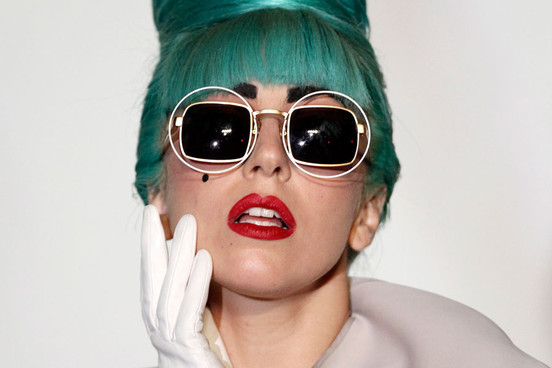In Freud's The Uncanny: The Creative Writer and Daydreaming, he explores the minds of creative writers and how they come to have such imaginative, free-flowing ideas. He intends to find the source of their inspiration so that others can potentially learn to develop that ability, as well.
First, he asserts that as children, all men act like writers when they play. He states that "...every child at play behave like a writer, by crreating a world of his or own or, to put it more correctly, by imposing a new and more pleasing order on the things that make up his world." He notes that a child takes his play seriously and invests much emotion into it. Freud dispels the myth that the opposite of play is seriousness--it is actually reality. He believes that it is in this way that writers are adults that still play, creating worlds and grand ideas in which they are deeply emotionally involved.
Next, Freud explains that as a man turns into an adolescent, he ceases to "play" and begins to "fantasize" instead. Because society prevents him from vocalizing or acting out his imaginative ideas externally, he keeps his ideas inside and escapes reality in his mind. Some typical features and aspects of fantasizing are: unsatisfied desires are the motive forces behind fantasies, every fantasy involves wish fulfillment and resolving an issue with reality, every fantasy is either ambitious (expands on the person's abilities and personality) or erotic and these fantasies are future fulfillments and resolutions of past problems and impressions.
Freud then discusses the nature of dreams at night, which he believes are daytime fantasies that have been stuffed inside and repressed into the unconscious. But once asleep, a man's dreams are of the same nature of his conscious fantasies and revolve around the same desires he has when awake.
Freud turns back to the creative writer, and draws a distinction between epic and historic poets versus writers who create their own world and ideas. He also explains that the reason others enjoy reading the writers work is that they are able to take them past their initial, society-drive impulse to be ashamed and embarrassed to fantasize and towards a state of mind where they can freely escape reality and be caught up in a fantasy world the author has created. It is in this way that Freud asserts "all the aesthetic pleasure that the creative writer gives us is in the nature of a fore-pleasure, and the real enjoyment of a literary work derives from the relaxation of the tension in our minds" and that "the writer enables us, from now on, to enjoy our own fantasies without shamne or self-reproach".
The Uncanny: The Creative Writer and Daydreaming delves into a writer's mind and is therefore useful in literary analysis. Now, when reading, we can ask ourselves questions such as "what unsatisfied desires might the author have from childhood that has caused him to create this type of story and world?" We can also assess the same things when we read our own work, or we may be inspired to write by paying attention to our own fantasies and noting which aspects of reality we find unfulfilling. Freud's analysis is also helpful to writers who can now be aware that the reason others read his work is to escape their own realities and to be lost safely in a world of wish-fulfillment and fantasy. With this in mind, he can tailor his writing to meet the needs of both himself and his readers to provide for a more satisfying experience.




